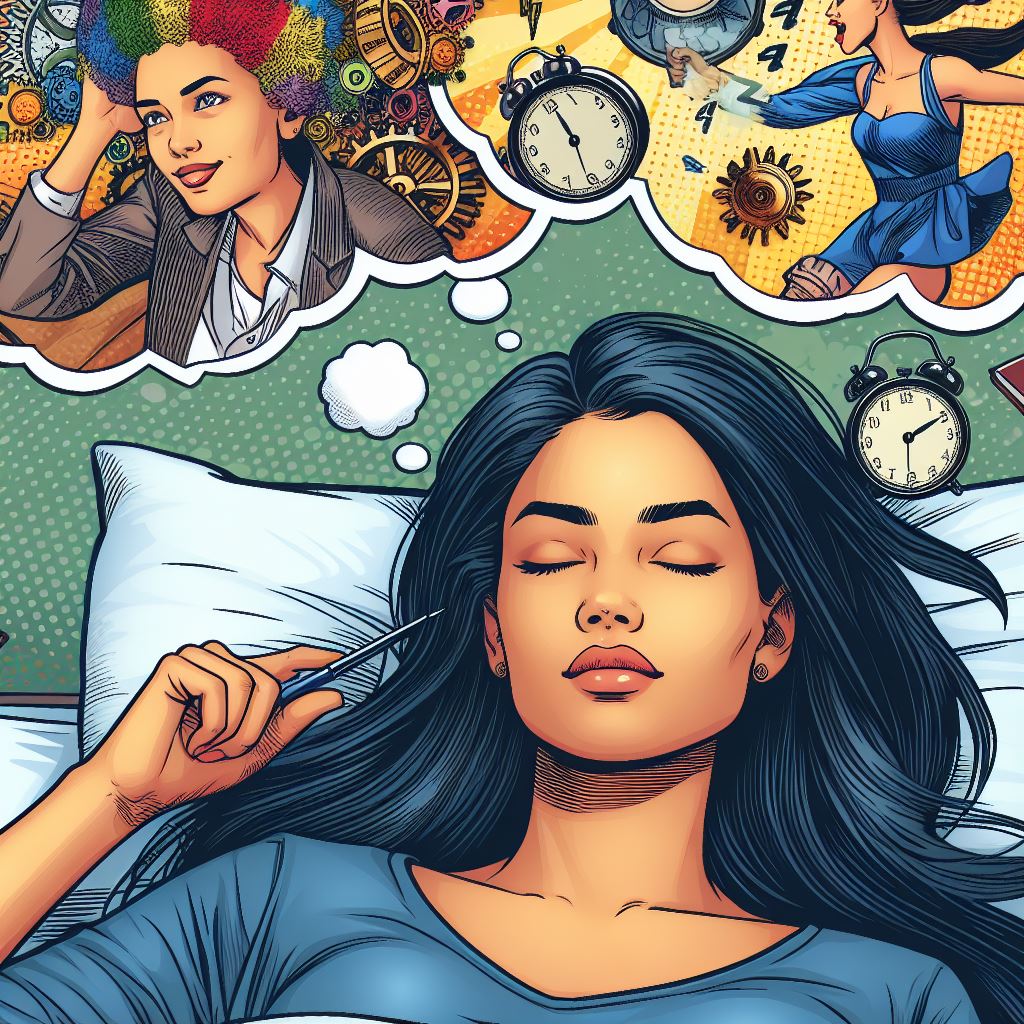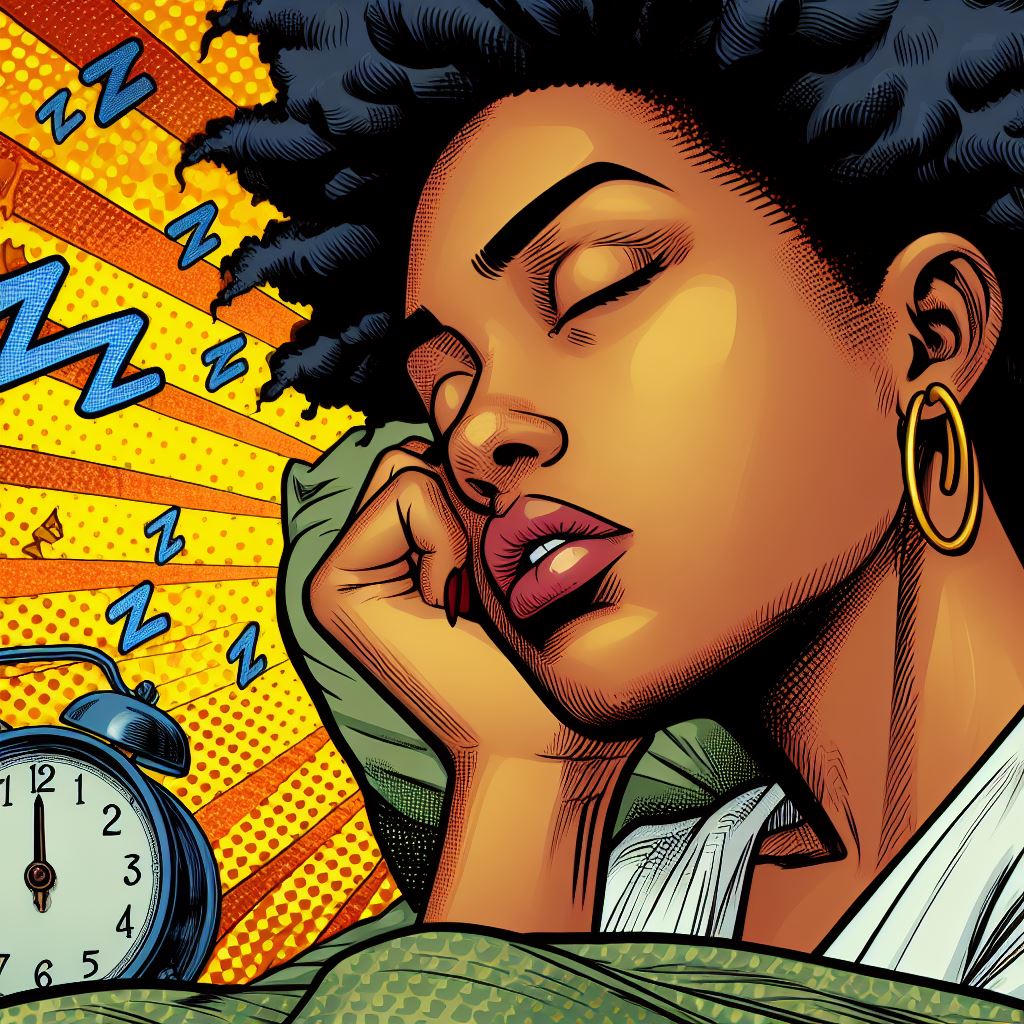Study Reveals People Who Sleep More Tend to Spend Less Time Awake
In a groundbreaking revelation that has shaken the foundations of modern sleep science, a recent study conducted by the Sleep Research Institute has uncovered a startling correlation between the amount of time individuals spend asleep and the corresponding reduction in their waking hours.
Dr. Elizabeth Dreamsworth, lead researcher and renowned sleepologist, remarked, “The findings of our study are nothing short of revolutionary. We discovered that individuals who indulge in longer periods of sleep tend to experience a significant decline in their overall wakefulness. It’s as if the more one sleeps, the less time they have to stay awake.”
This revelation has left many experts baffled, with some questioning the very nature of human consciousness. “It’s a paradigm shift in our understanding of sleep dynamics,” remarked Dr. Max Wakefield, a prominent neuroscientist. “We’ve always assumed that the purpose of sleep was to rejuvenate the body and mind, but it seems that it may also have a direct impact on reducing waking hours.”

The implications of this study are far-reaching, raising questions about the societal norms surrounding sleep and productivity. “For centuries, we’ve glorified the idea of burning the midnight oil and pulling all-nighters,” commented sleep advocate and author, Sir Restalot. “But perhaps it’s time we reconsidered our attitudes towards sleep and embraced the benefits of a good night’s rest.”
Notable figures from history have also weighed in on the findings, with Winston Churchill purportedly quipping, “I have taken more out of sleep than out of all the other activities combined.” Similarly, Albert Einstein is rumored to have said, “The only thing that interferes with my learning is my sleep schedule.”
In response to the study, some individuals have reported adopting extreme measures to maximize their sleep time, including investing in state-of-the-art mattresses, blackout curtains, and noise-canceling headphones. “If sleeping more means spending less time awake, count me in,” remarked one enthusiastic participant.

However, skeptics remain unconvinced, citing concerns about the potential consequences of prolonged periods of sleep on productivity and personal achievement. “While the idea of sleeping more sounds appealing, we mustn’t overlook the importance of being awake and engaged with the world around us,” cautioned productivity guru, Dr. Rise N’shine.
As the debate rages on, one thing is clear: the relationship between sleep and wakefulness is far more complex than previously thought. Whether this newfound knowledge will lead to a revolution in sleep habits or simply more time spent in dreamland remains to be seen.
In the meantime, researchers at the Sleep Research Institute are continuing their investigations, seeking to unravel the mysteries of sleep and its impact on human behavior. One thing is for certain: the quest for a good night’s sleep has never been more intriguing.



